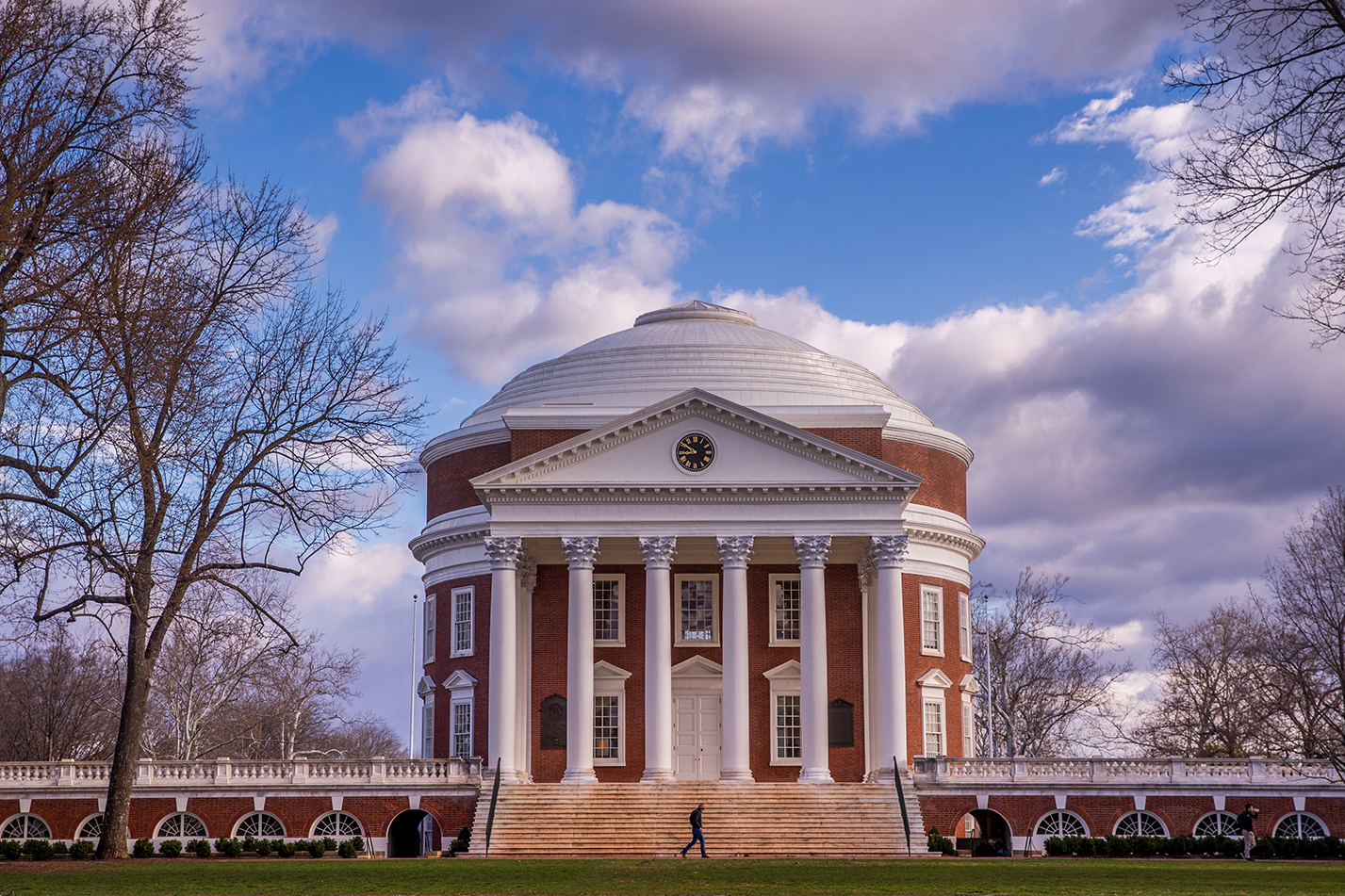
This course introduces students to modes of ethical inquiry and reflection through an investigation of an issue of universal human concern: death and dying. In the words of Aeschylus’s Agamemnon, “There's nothing certain in a man's life except this: That he must lose it.” Beyond death’s inevitability, its sheer facticity, however, is there anything else to be said about it? Much, indeed. In this course, students will learn to see death and dying as an important lens for understanding morality and ethics, in terms of both individual dilemmas and choices, and social practices and institutions. For as Peter Berger has noted, “Every society is, in the last resort, [human beings] banded together in the face of death.”
Over our seven weeks together, students will interrogate, articulate, and critically analyze their fundamental assumptions about the nature of death and human postures toward it. They will investigate individual and social practices of death and mourning. They will consider their beliefs about a “good death” and what it might mean to “die well” in conversation with voices from different eras and perspectives. We will explore specific questions such as: is death really all that bad? (Epicurus didn’t think so). Would personal immortality be preferable? (As it turns out, various religious traditions, philosophers and “transhumanists” disagree). What difference does the knowledge of death have for the living—for how we approach life, build culture, and organize community and institutions? How has the experience of dying changed in the modern age, and how does this affect our understanding of the goals of medicine and the ethics of killing and letting-die? And, how does all of this relate to our everyday lives? How might we deal with loss (if, and when, the time comes)? What will we teach our kids about death (if, and when, the time comes)? Our answers to these questions, students will come to see, reflect deep-seated and often inarticulate beliefs about human nature, moral agency, and the good life.
